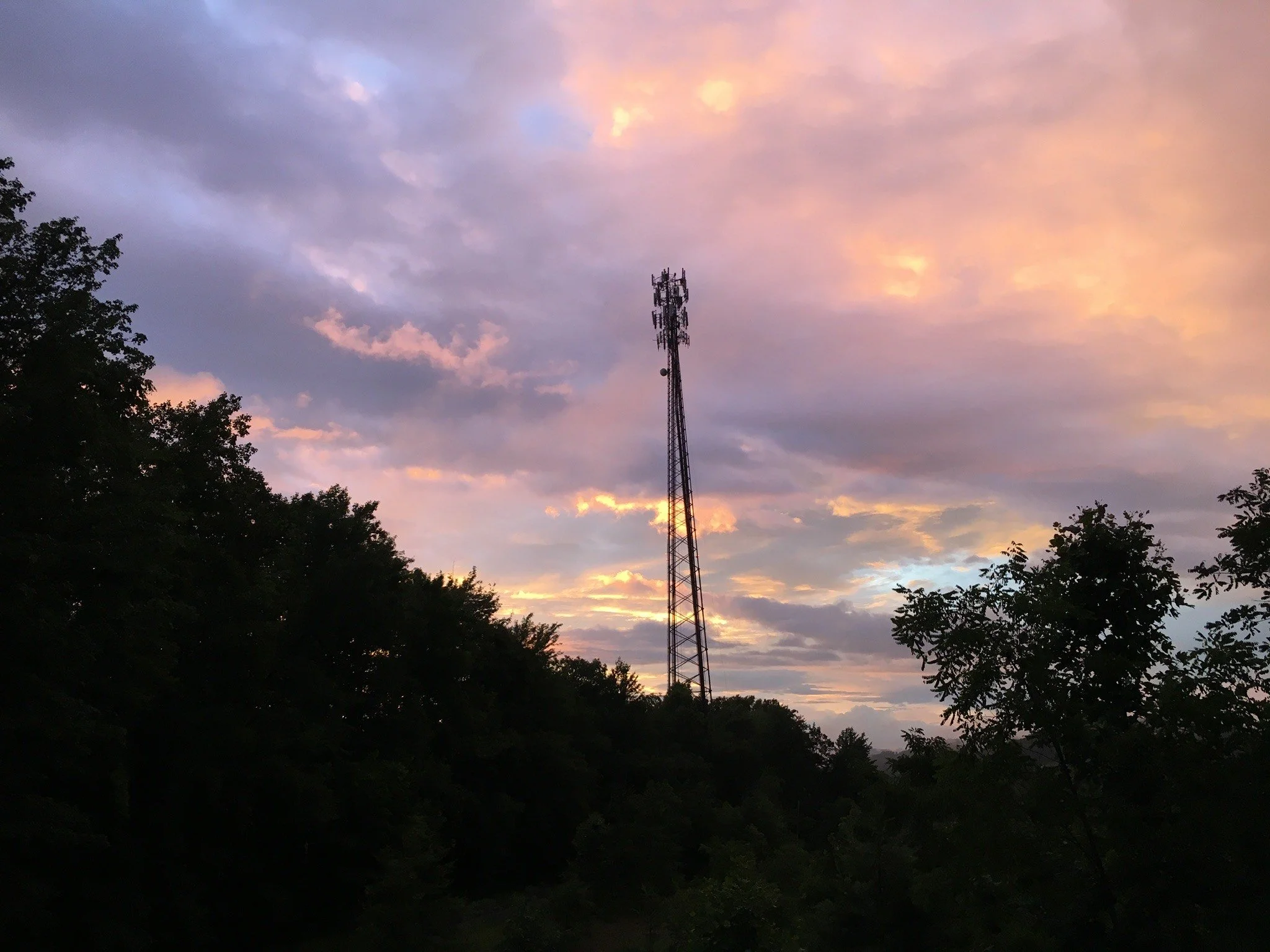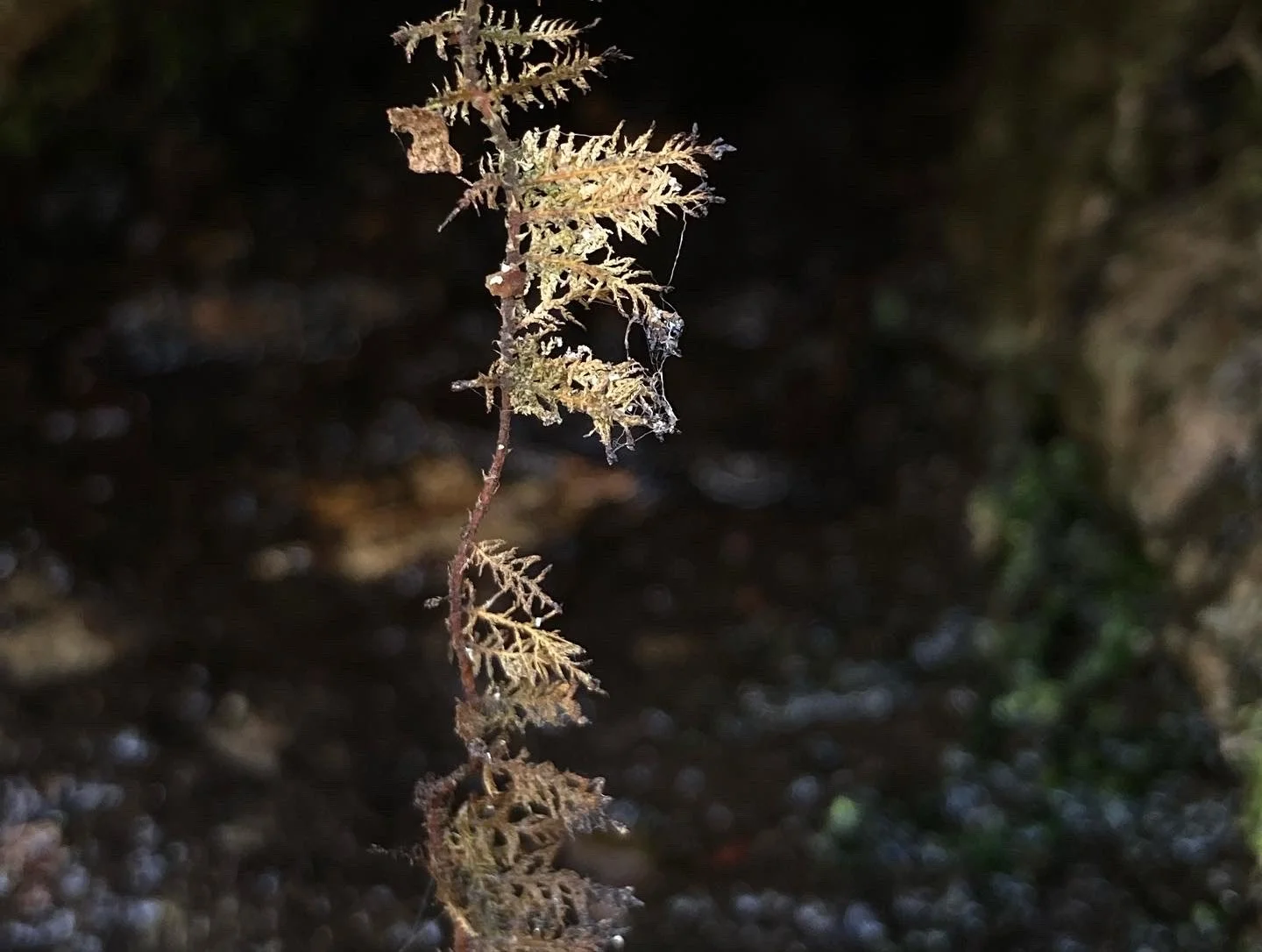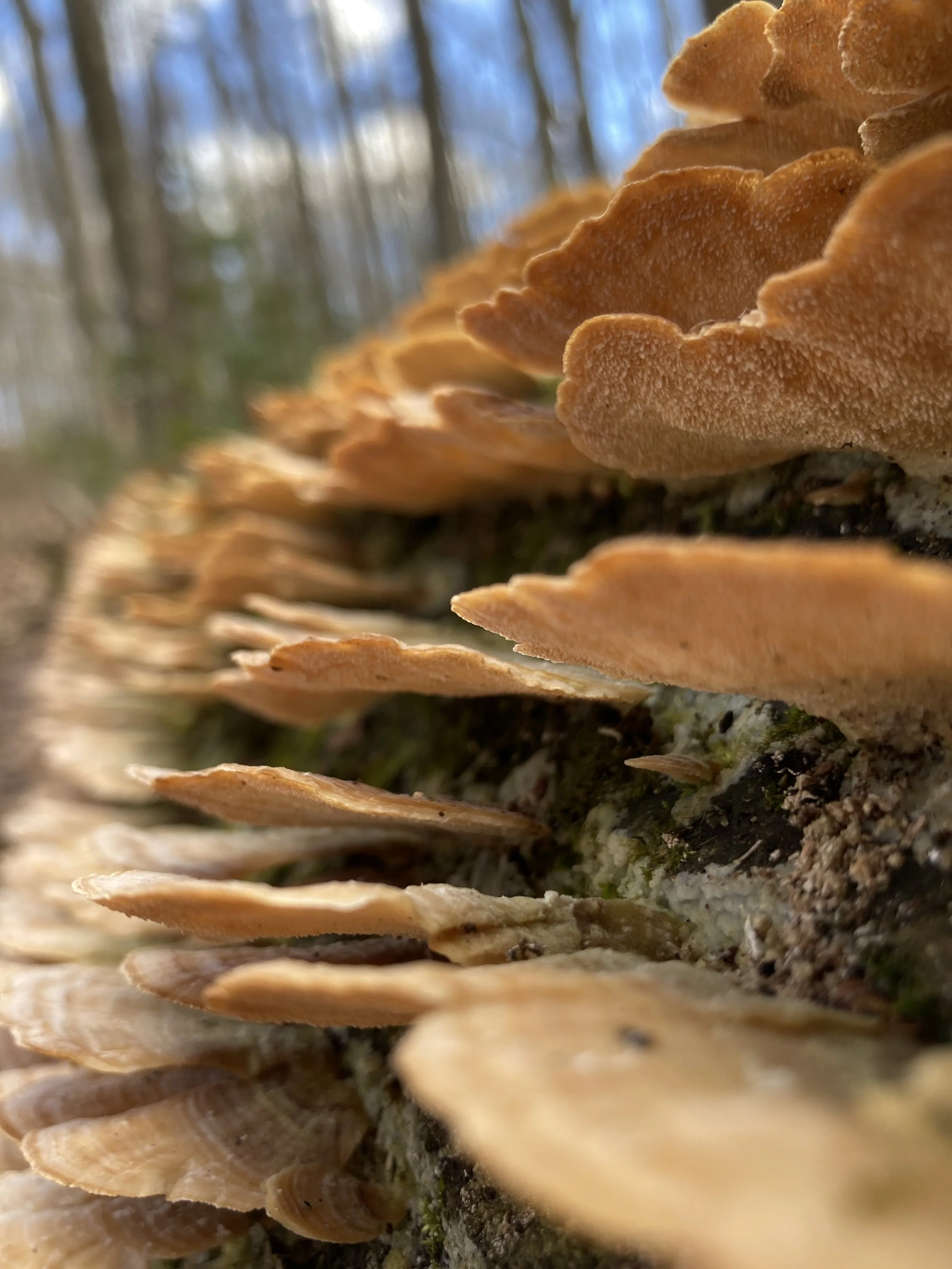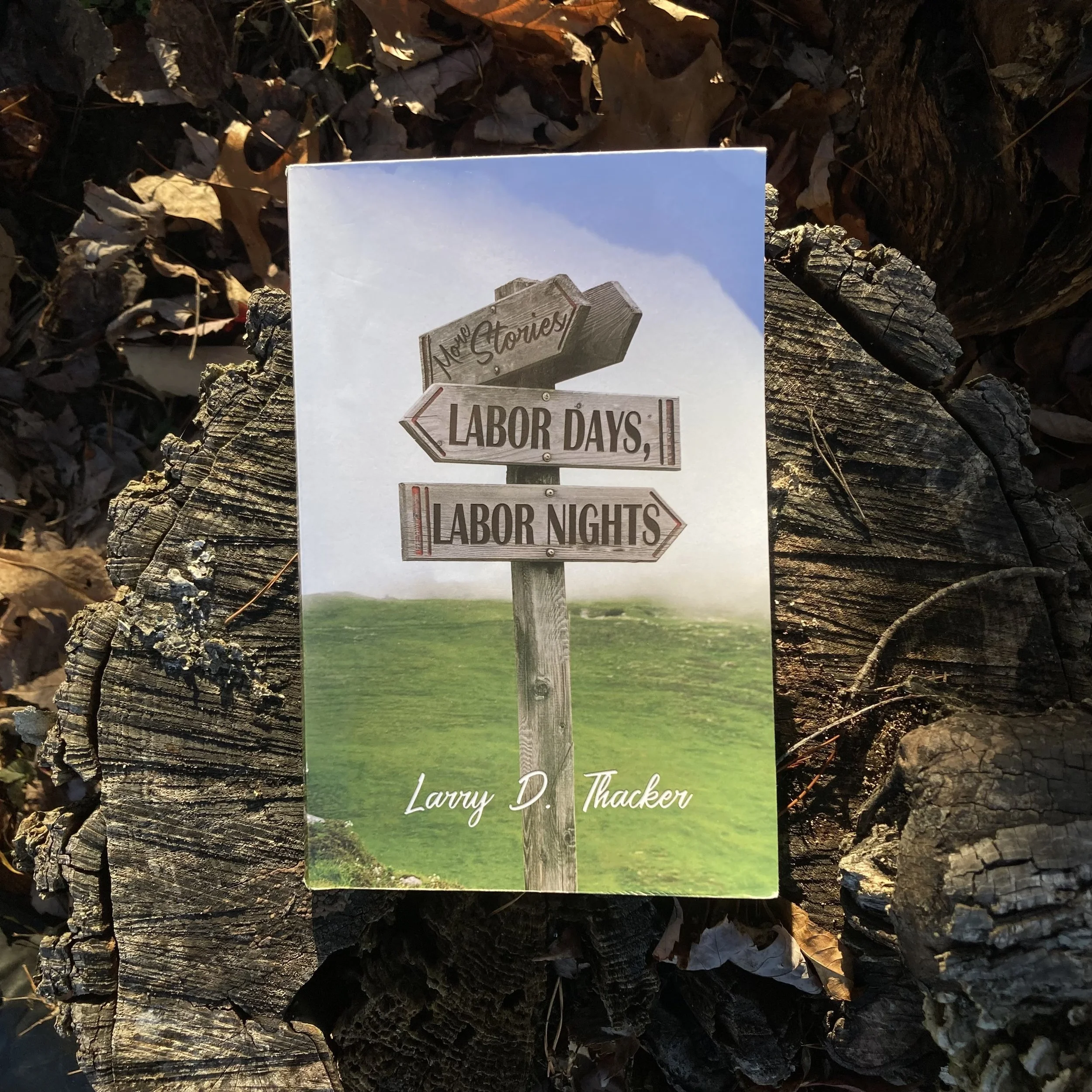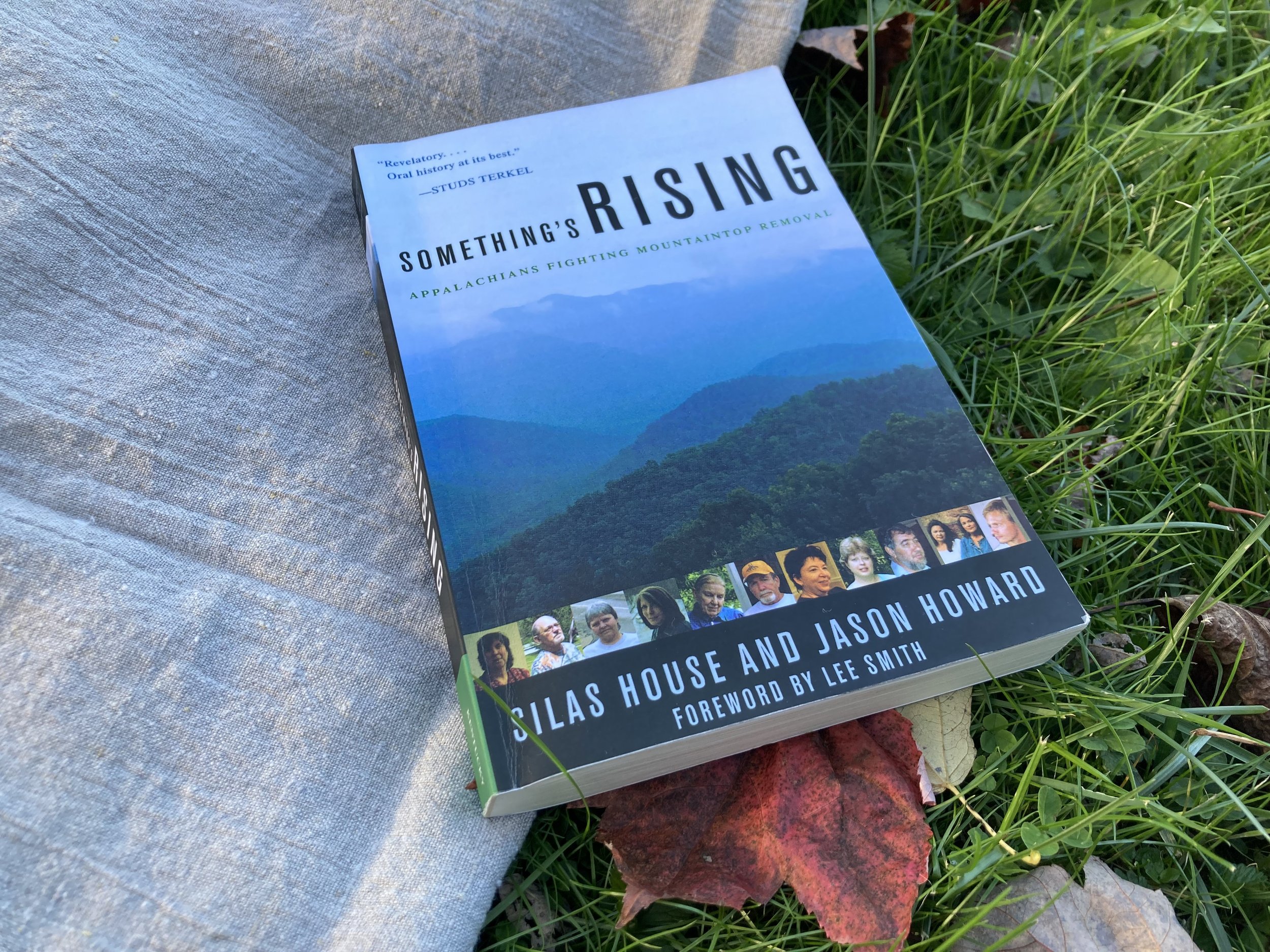
Blog
Creating the Appalachian Fantastic Part 2: Appalachian Futurism
“These characters are locked into a company ecosystem that forces them sometimes to die and be repeatedly resurrected, sometimes to pay for every plant they cut down with a knife built by a company fabricator kit. Sometimes, they must make a choice between suffering the rest of their lives imprisoned on a far-flung world or destroying ancient cultural artifacts, melting down allegorical Etruscan statuary for wiring to make a better laser gun. On practical, moral, and spiritual levels alike, they must sell their souls to the company store just to live another day.”
‘Another Appalachia’ is as good as everyone says, and better
"Avashia’s keen sense memory combines with a steady hand and a deep commitment to nuance that make each essay glow like a kitchen window after dark. The places where her perspective aligned with my own were a delightful gut punch, and I can only presume that others feel the same.”
Sharing the Grief
This week, Garrett Robinson wrote about death and loss in Appalachia, and the process of grieving as a community. The piece explores the mismatch between instinct and ritual in the context of losing a loved one, and offers a reconciliation between the two.
Wendell Berry's ‘Farming’ is a long marriage to the land
This week, Garrett reviews a classic of Appalachian Literature: FARMING: A HANDBOOK by Wendell Berry. This collection of poems and a short, poetic play was first published in 1971, and explores the relationship of a man to his land, and a man to his family. Berry's love for Appalachia is visceral and pervasive, inviting the reader to commit to the health and wellbeing of this region and give what they can give to help it thrive.
Becoming Grateful After Leaving Home
This week, Garrett wrote about the universal process of learning what you have by losing it. He explores the intersection of grief and relief, and the way that becoming separated from our roots can help us appreciate the grounding feeling of finally coming home.
‘Quarantine’ walks an uncomfortably thin line
This week, Garrett reviews QUARANTINE by Rahul Mehta. Released in 2011, it’s gained new meaning more recently, as most people have had to experience the liminal sensation of being trapped between worlds and states of being. Each of the stories feels simultaneously autobiographical and critical, with a healthy dose of mixed and compounded identity.
Creating theAppalachian Fantastic, Part 1: An Introduction to Vernacular Fantasy
This week on the blog, Garrett Robinson wrote advocating an addition to the Appalachian literary movement: Appalachian Fantasy. This is a topic that’s always on one burner or another at Read Appalachia, since the team is 100% fantasy nerds, so while this piece is an introduction, expect more on this topic in the future.
‘Clean Coal Burn’ Smolders Its Way to an Explosion
Knott explores the tense, troubled relationship of an Appalachian to the land he lives on and the forces that damaged it. He examines the ways that generational trauma bleeds downstream until at the resources exist to halt its trajectory. And finally, he looks forward with hope and determination, committing to a better future regardless of adversity.
The Course of a Creek
This week, Garrett wrote about his relationship to the work of Annie Dillard, exploring the ways that her artist's eye and her obsession with the details of her habitat helped him fall in love with his own home in Appalachia.
Labor Days, Labor Nights Would Let You Crash On Its Couch
Garrett Robinson reviews Labor Days, Labor Nights by Larry D. Thacker.
Something’s Rising:
Garrett Robinson reviews Something’s Rising by Silas House and Jason Kyle Howard.
